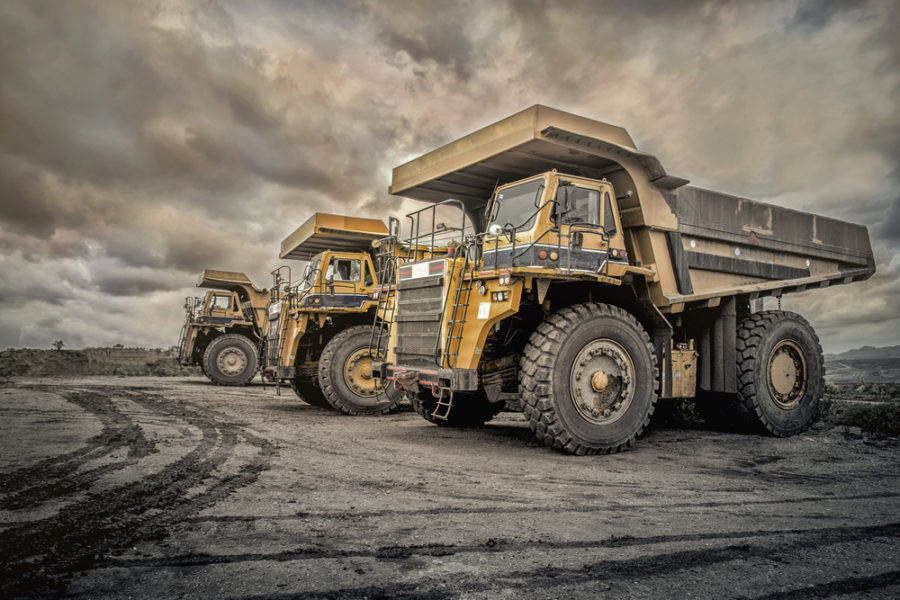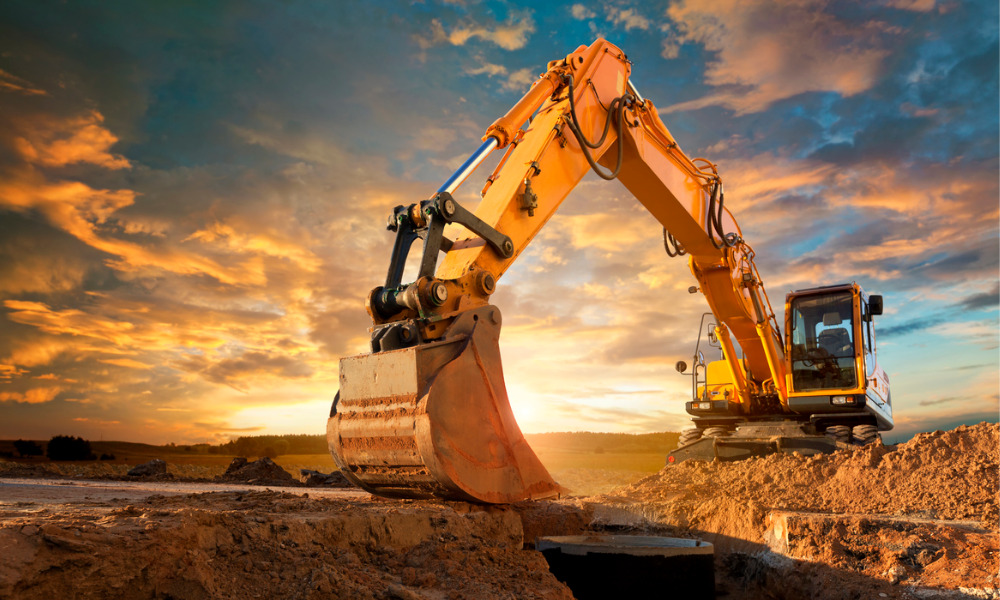Inexpensive Dozer Rental Services Near You
Wiki Article
Leasing Vs. Acquiring Construction Equipment: Making the Right Option for Your Task
When embarking on a building task, among the essential choices that forecast stakeholders and supervisors face is whether to acquire or rent out building and construction equipment. Both options have their benefits and disadvantages, making the selection a critical one in the project preparation process. The decision rests on different factors such as expense factors to consider, job period, tools maintenance, scalability, threat, and flexibility management. Each aspect plays an important role in identifying the most appropriate path for the project's devices needs. heavy equipment rental. Let's check out these variables even more to understand just how they influence the decision-making procedure and inevitably the success of the task.Cost Considerations
When assessing the monetary facet of renting out versus acquiring construction devices, the ahead of time expenses and long-term expenses have to be carefully considered. Renting out equipment frequently calls for lower preliminary payments compared to purchasing, making it an appealing choice for temporary jobs or contractors with spending plan constraints. Leasing removes the demand for huge resources outlays and minimizes the financial risk connected with equipment possession, such as maintenance and devaluation prices. However, in the lengthy run, consistently renting out tools can accumulate greater prices than purchasing, especially for extensive projects.On the various other hand, buying construction devices includes higher in advance expenses but can result in long-term savings, particularly for long-term projects or regular users. Inevitably, the choice between getting and leasing construction devices pivots on the job's period, frequency of usage, budget plan factors to consider, and long-lasting financial goals.
Job Duration

Alternatively, for lasting tasks or recurring building and construction work, getting devices could be the extra affordable alternative. Purchasing tools can bring about cost savings in the future, specifically if the devices will certainly be regularly utilized. Additionally, owning tools offers a feeling of control over its accessibility and enables personalization to fit particular project requirements.

Equipment Maintenance
Provided the crucial duty task duration plays in establishing the most affordable technique in between leasing and acquiring construction tools, the emphasis now changes in the direction of analyzing the necessary facet of devices upkeep. Correct upkeep is vital for making sure the optimal efficiency and long life of construction devices. Leasing tools frequently includes the advantage of having well-maintained machinery supplied by the rental business. This can relieve the concern of maintenance jobs from the task proprietor or service provider, saving time and initiative. On the various other hand, owning devices calls for an aggressive technique to upkeep to stop failures, ensure security, and expand the tools's life-span. Routine inspections, dock pile driving equipment maintenance, and prompt repair work are required to maintain owned and operated equipment in leading working problem. Factor in upkeep costs when deciding in between leasing and purchasing, as neglecting upkeep can lead to costly repair work, downtime, and project delays. Ultimately, a well-maintained building and construction devices fleet, whether leased or owned, is necessary for the successful and effective completion of construction jobs.Versatility and Scalability
In the realm of building devices management, the facet of adaptability and scalability holds considerable significance for project efficiency and resource application. Deciding to rent building tools offers a high degree of adaptability as it allows for the fast adjustment of equipment types and quantities based on the progressing requirements of a project.Additionally, scalability, an additional essential aspect, is inherently connected to versatility. Leasing construction devices uses the benefit of quickly scaling procedures up or down as project needs fluctuate. Service providers can quickly add or trade tools to match the task's transforming demands without the restrictions of owning assets that might end up being underutilized or out-of-date. This capacity to range sources efficiently can cause expense savings and enhanced task timelines, making renting out a beneficial choice for projects calling for versatility and receptive source allowance.
Threat Monitoring
Efficient risk management in building equipment procedures is vital to ensuring job success and mitigating prospective monetary losses. Building and construction projects naturally involve various dangers, such as devices breakdowns, accidents, and project hold-ups, which can significantly influence the task timeline and budget. By carefully considering the dangers associated with owning or renting construction devices, job managers can make educated choices to decrease these possible hazards.Renting out construction equipment can supply a degree of risk reduction by transferring the responsibility of repair and maintenance to the rental company. This can lower the financial concern on the project owner in situation of unforeseen devices failings (dozer rental). In addition, leasing offers the versatility to access customized equipment for specific project phases, lowering the risk of possessing underutilized machinery
On the various other hand, having construction tools see page supplies a sense of control over its usage and upkeep. However, this additionally implies bearing the full duty for repairs, maintenance prices, and devaluation, increasing the monetary dangers associated with equipment possession. Careful threat evaluation and consideration of factors such as task period, devices usage, and maintenance requirements are important in determining one of the most ideal option for efficient risk administration in building and construction jobs.
Conclusion
In final thought, when deciding between renting out and getting building and construction devices, it is crucial to think about expense, project period, equipment maintenance, scalability, adaptability, and threat administration. Each aspect plays a critical role in identifying one of the most appropriate option for the task handy. By meticulously evaluating these elements, job managers can make an enlightened decision that straightens with their blog budget plan, timeline, and total task goals.
Report this wiki page